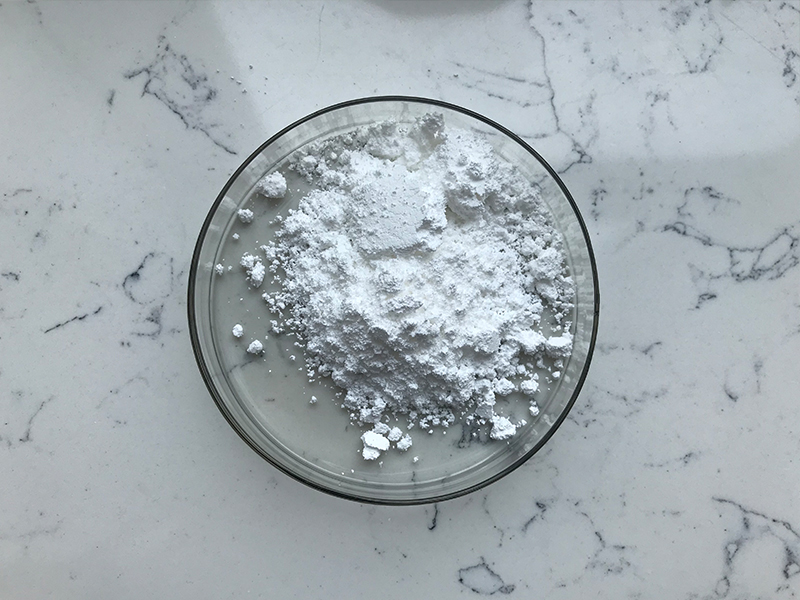NMNH (Reduced Nicotinamide Mononucleotide) is a reduced form of Nicotinamide Mononucleotide (NMN), a compound that is a precursor to Nicotinamide Adenine Dinucleotide (NAD+). NAD+ is essential for various cellular processes, including energy production, DNA repair, and gene expression regulation. Here are some pros and cons of NMNH supplementation based on current research and understanding:
Pros of NMNH
1.Enhanced NAD+ Production:
NMNH may efficiently increase NAD+ levels in cells, which is beneficial for cellular energy production and overall health. Higher NAD+ levels are associated with better mitochondrial function and increased energy levels.
2.Potential Anti-Aging Benefits:
NAD+ is crucial for DNA repair and regulating genes associated with aging. By increasing NAD+ levels, NMNH might help mitigate age-related decline in cellular function and promote longevity.
3.Improved Cellular Function:
Increased NAD+ levels from NMNH can support cellular repair processes, improve mitochondrial function, and promote healthy aging.
4.Neuroprotection:
Some studies suggest that NMNH could have neuroprotective effects, potentially reducing the risk of neurodegenerative diseases such as Alzheimer’s and Parkinson’s.

5.Cardiovascular Health:
By boosting NAD+ levels, NMNH may improve endothelial function and reduce inflammation, potentially benefiting cardiovascular health.
6.Exercise Performance:
Enhanced NAD+ levels can support better muscle function and endurance, potentially improving exercise performance and recovery.
Cons of NMNH
1.Limited Research:
While NMNH has shown promise in preliminary studies, the research is still in its early stages. Most studies have been conducted on animals, and human trials are limited, so the long-term safety and efficacy are not well understood.
2.Potential Side Effects:
The side effects of NMNH supplementation are not well documented, but potential issues could include digestive discomfort, headaches, or other mild adverse effects.
3.Cost:
NMNH supplements can be expensive, and the cost may be a barrier for some individuals.
4.Stability Issues:
NMNH is less stable compared to other NAD+ precursors, which could affect its shelf life and potency if not stored properly.

5.Unknown Long-term Effects:
The long-term effects of consistent NMNH supplementation are not known. As with many supplements, there is a potential risk for unforeseen negative outcomes with prolonged use.
6.Bioavailability Concerns:
It’s uncertain how well NMNH is absorbed and utilized by the human body compared to other NAD+ precursors like NMN or NR (Nicotinamide Riboside).
Conclusion
NMNH shows promise as a supplement to boost NAD+ levels and potentially provide various health benefits, particularly related to aging and cellular function. However, more research, particularly in human trials, is needed to fully understand its benefits and risks. As with any supplement, it is advisable to consult with a healthcare professional before starting NMNH supplementation.
